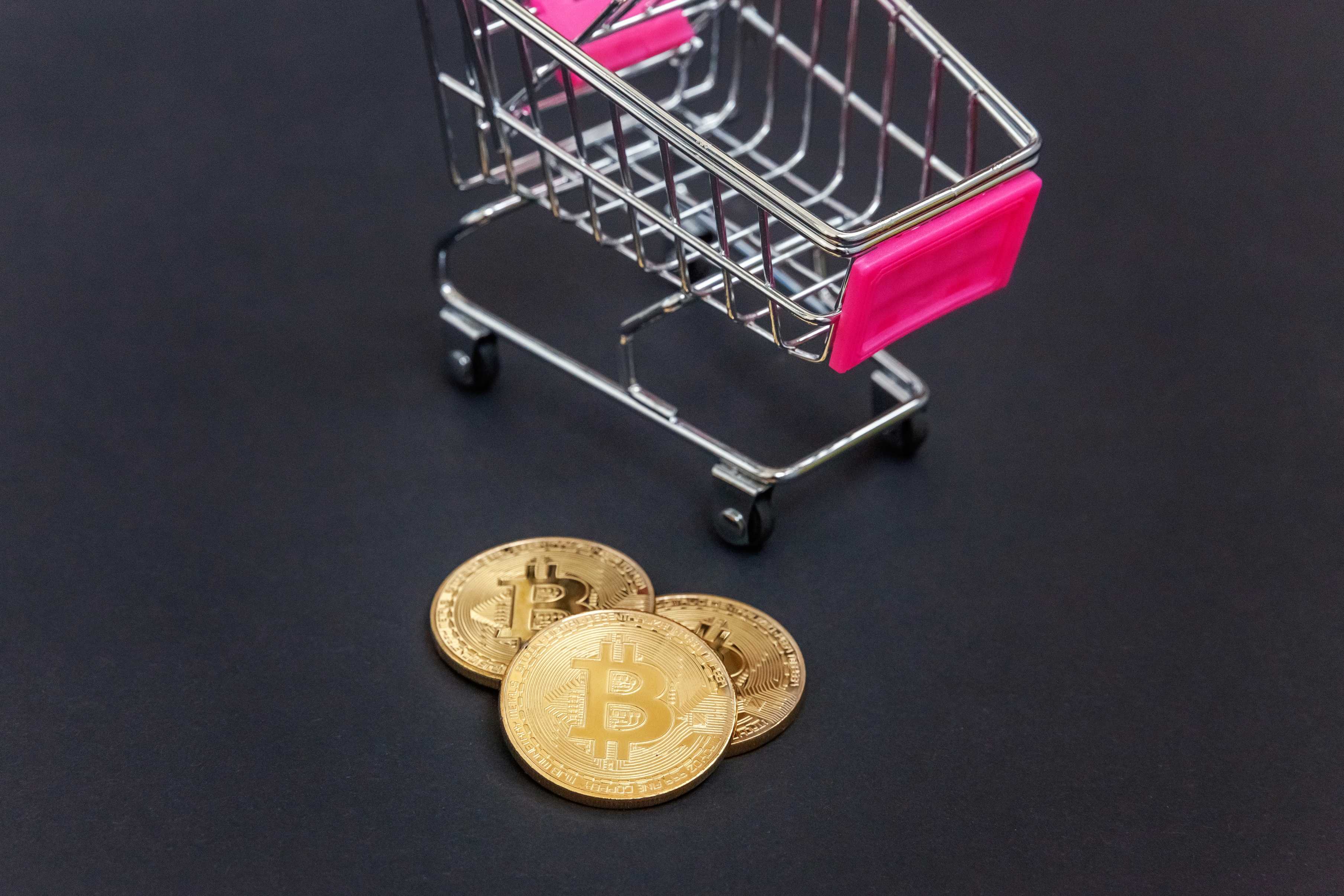Like the rest of the world, freelancing is a fast-growing professional facet in Indonesia. Freelancing inherently comes with dealing with clients across the world. Many freelancers work with international clients who pay in USD or other foreign currencies. But receiving and converting those payments can often be slow, expensive, and subject to volatility in terms of exchange rates. Stablecoins, on the other hand, are crypto tokens pegged to stable assets and currencies like USD, making them a great alternative to traditional cross-border transactions for purposes spanning from paying salaries to receiving money as freelancers—stablecoins help bypass high costs, slow processing, and associated risk with international money flow. This article walks through the core build of stablecoins, use case scenarios in Indonesia, how regulations treat them in the country, and practical steps to combat any challenges, along with other aspects. Let's dive in and find out more!
What are stablecoins and why do they matter?
Stablecoins are essentially cryptocurrencies designed to have a stable value—usually pegged to fiat currencies like USD, EUR, etc., making them a valuable stand-alone digital asset. Some of the examples include USDT, USDC, and BUSD.
These forms of payments and transactions matter in use cases like freelancing; here’s why -
For freelancers working with international clients, getting paid in USD or holding USD value is important because it provides protection against depreciation of local currency, gives higher flexibility for purchasing and access to foreign services/softwares and ultimately reduces FX losses when converting.
While the benefits hold the stance, it’s also crucial to understand the setting of the markets and regulatory status of the countries adopting them.
Understanding the regulatory and legal landscape in Indonesia
To avoid legal and tax pitfalls, it’s important to understand the regulations on which the country’s systems are built on;
- Cryptocurrencies are legal to trade in Indonesia, this includes stablecoins as well. They are accredited as digital financial assets and not as legal tenders in the country.
- While using crypto for payments was not legally allowed under certain rules, the regulation oversight has now shifted as of 2025—largely moving from BAPPEBTI (Commodity Futures Trading Regulatory Agency) to OJK (Financial Services Authority).
- The new tax rules impose VAT and income tax on crypto transactions.
This means that freelancers can receive stablecoins legally or even other crypto assets, but they must be very mindful of conversions, taxation and where they can apply stablecoin payments in a local context.
How can stablecoins help freelancers in Indonesia receive USD value payments?
The spanning benefits of stablecoins include;
- Faster payments and settlements - payments from international clients can often arrive within minutes, let alone hours, versus days when bank transfers are used.
- Lower fees - Avoiding SWIFT or traditional bank transfer fees and conversion costs can really make a difference in the overall fee structure for transfers. Stablecoins also eliminate intermediary costs.
- Protection from currency depreciation - If the Rupiah in Indonesia is weakening, holding value in USD-backed stablecoin can help in avoiding loss of value between invoice and payment.
- Round-the-clock payments - Blockchain payments don’t wait for bank clearance or working hours; they function 24/7 and facilitate instant settlements.
- Global access - Freelancers can accept client payments from anywhere in the world with the help of stablecoins.
Looking at all these benefits, stablecoins seem to be the perfect fit for cross-border value flow. In theory, stablecoins do make up the best alternative for traditional payments, it’s also important to understand real-world use cases. Let’s look at some practical adoption tips and how to apply them to specific requirements.
Things to keep in mind while using stablecoin to get paid in USD
Here’s what freelancers can follow to get the best results:
- Choose the right stablecoin wallet - Make sure to pick a wallet with a good reputation, audit, and liquidity along with credible security.
- Set up agreement with client - It’s important to make the payment conditions and prerequisites clear. Ensure that you state payment in stablecoin, specify which coin, and also decide the terms about fees and bearings.
- Use a gateway or service that supports direct conversion - If you don’t intend to hold stablecoins, use a third-party platform that lets you receive the value in stablecoin and convert it to IDR or USD bank account. TransFi and other similar platforms can make the conversion process easy by linking payouts directly to the desired currency and channels.
- Understand local regulations and tax - Be aware that you need to report income in IDR equivalent and pay any applicable taxes on the crypto transactions. It’s important to keep documentation.
- Manage FX exposure - If you receive USD stablecoins but need IDR, keep a watch out on FX rates, use platforms that help with conversion (as mentioned above), and initiate conversions when rates are favorable.
- Ensure compliance, security and record keeping - use KYC-compliant platforms, maintain tracks and records, and ensure security with keys or custody.
How can TransFi freelancers in Indonesia?
TransFi can facilitate payments in Indonesia in the following ways:
- Freelancers can receive money from international clients in stablecoin or Bitcoin to their TransFi wallet directly.
- Through the wallet, TransFi allows direct conversion to Rupiah and withdrawal to local bank accounts at convenience and requirement.
- TransFi holds strong KYC/AML compliance, fees and exchange rates are transparent and the blockchain system ensures credibility.
This model helps bridge USD-pegged payments with Indonesian regulatory compliances by easy conversions to IDR whenever needed, hence staying in legal norms for local spending.
Conclusion
For Indonesian freelancers, stablecoins offer a promising route for simpler USD-equivalent payments, reducing payment delays and providing a hedge against currency fluctuation. While the legal status in Indonesia in terms of adoption and usage is still evolving, early adoption comes with its own benefits, like saving on high transaction costs, processing times, and security challenges. If done carefully with a good platform and careful documentation, stablecoins can really power up your payment ecosystem. If you’re interested in setting up a stablecoin payment system for your freelance business, talk to our experts at TransFi and get assistance at the earliest.
Frequently asked questions (FAQs)
- What are stablecoins?
Stablecoins are essentially cryptocurrencies designed to have a stable value—usually pegged to fiat currencies like USD, EUR, etc., making them a valuable stand-alone digital asset. Some of the examples include USDT, USDC, and BUSD.
- Is it legal for freelancers in Indonesia to receive stablecoin payments?
Cryptocurrencies are legal to trade in Indonesia, this includes stablecoins as well. They are accredited as digital financial assets and not as legal tenders in the country. This means that digital asset payments can be received, but using them in lieu of Rupiah domestically is not permitted.
- Which stablecoins are highly adopted by freelancers for international payments?
Common ones include USDC and USDT. It’s important to consider conversion cases, liquidity, and platform support while choosing the one for your business or service.
- How fast are payments using stablecoins?
These payments are much faster than traditional wire/bank transfers. They often take minutes to a few hours depending on blockchain congestion and deployment platforms.
- How to convert stablecoin to Rupiah?
Use crypto exchange platforms like digital wallets or payment gateways that support conversion. Ensure that the platform complies with regulations and states transparent pricing and exchange rates.
Table of Contents
Suggested Article
Explore our products

Make global payments at the speed of a click

Accept payments, remove borders.

Unlock Seamless Digital Currency Transactions Anywhere
























